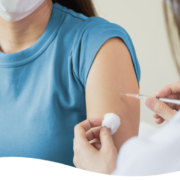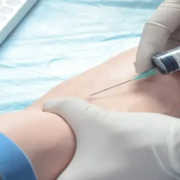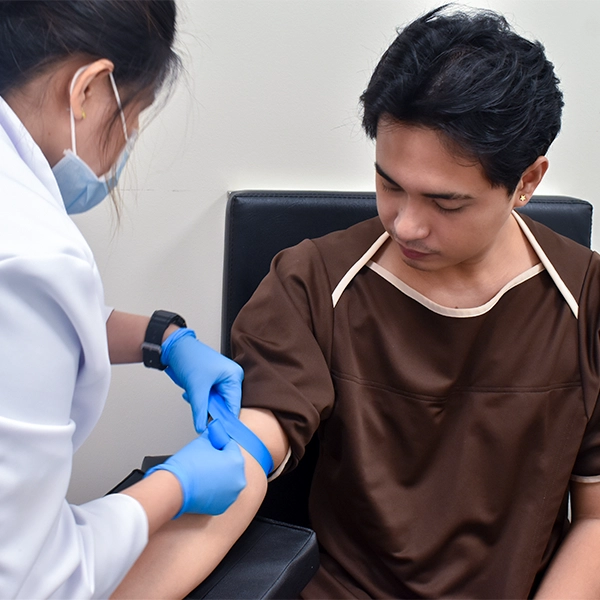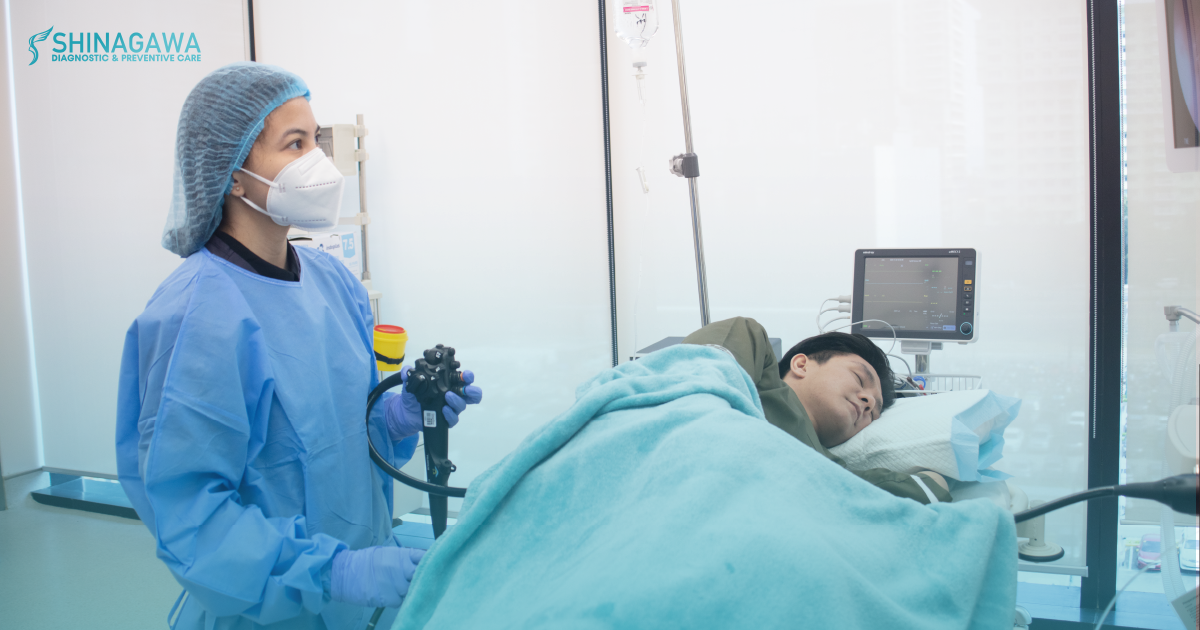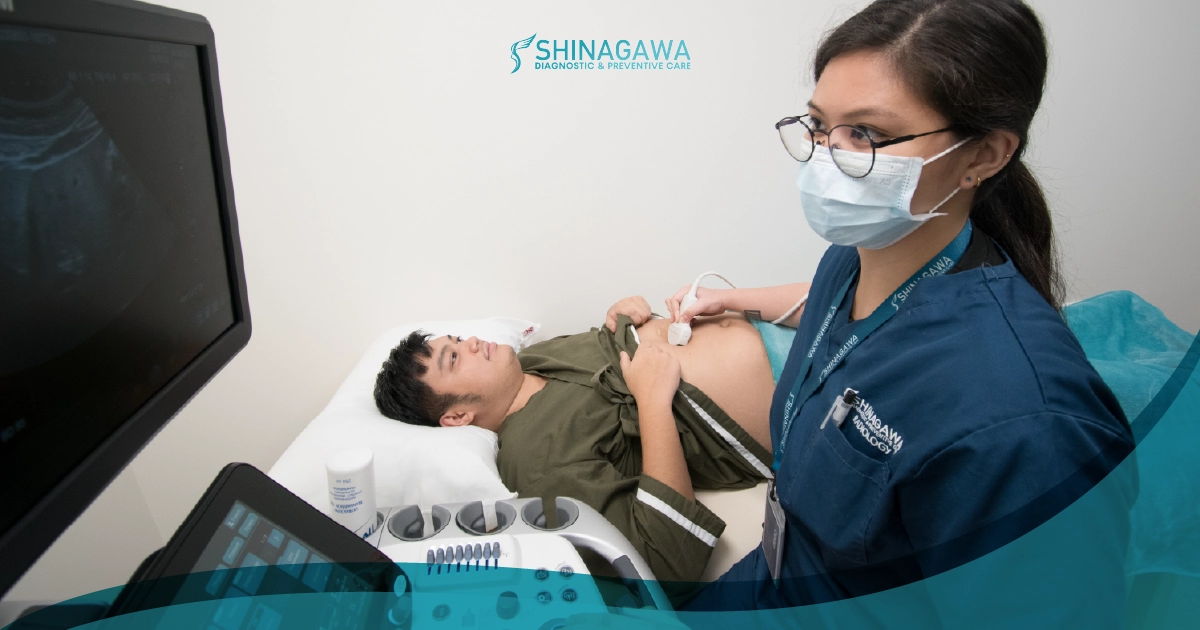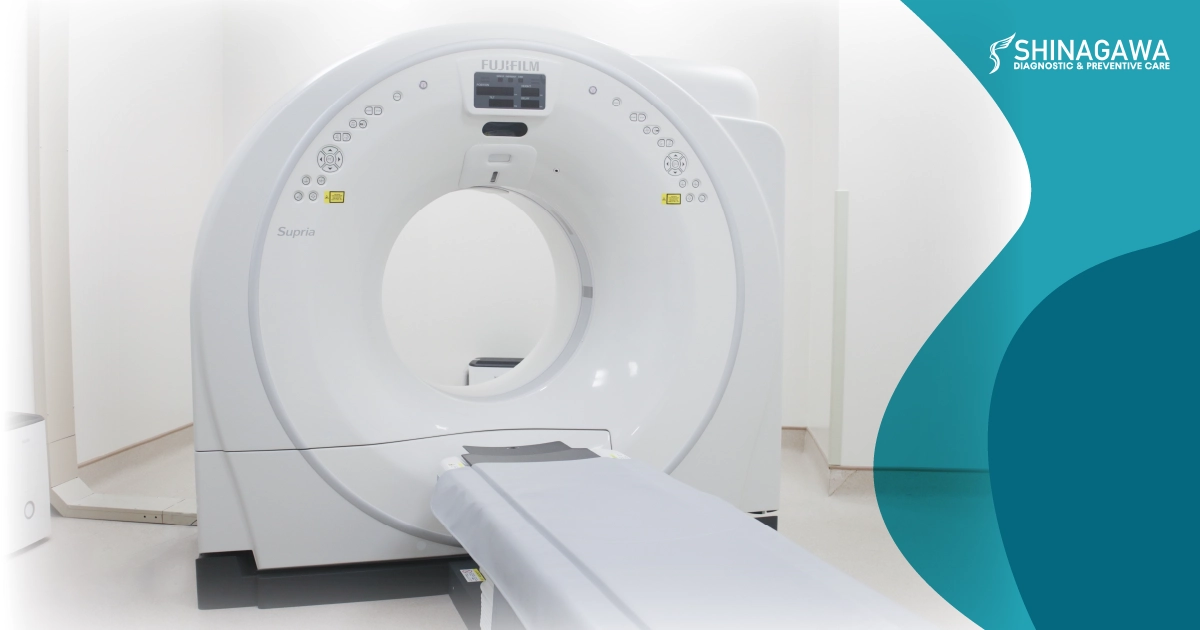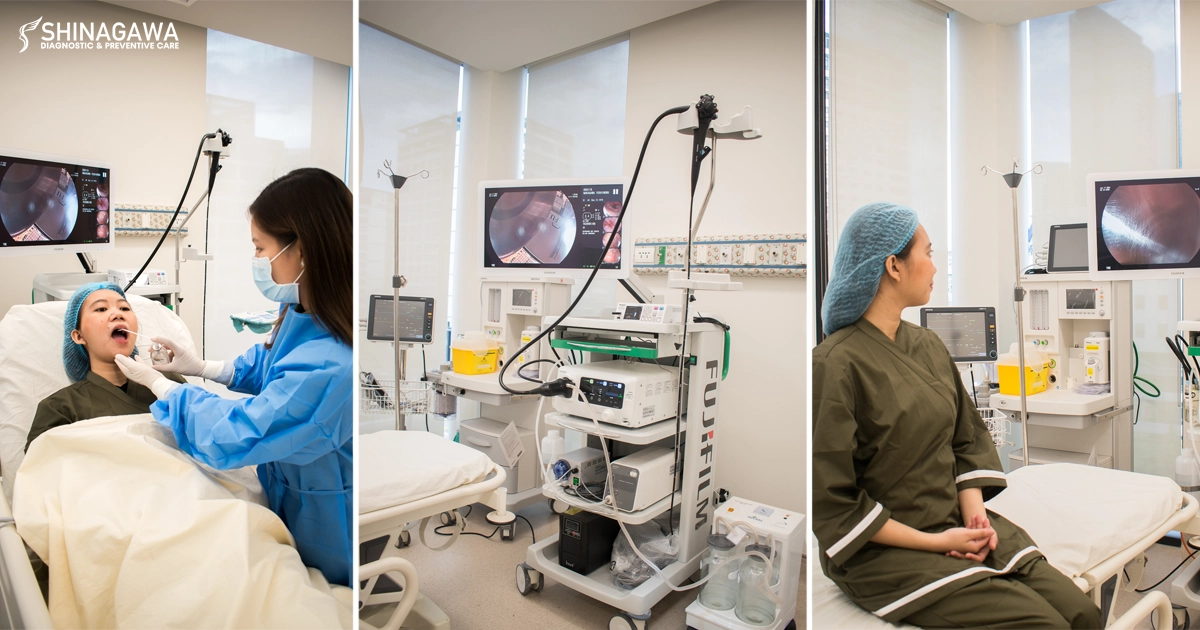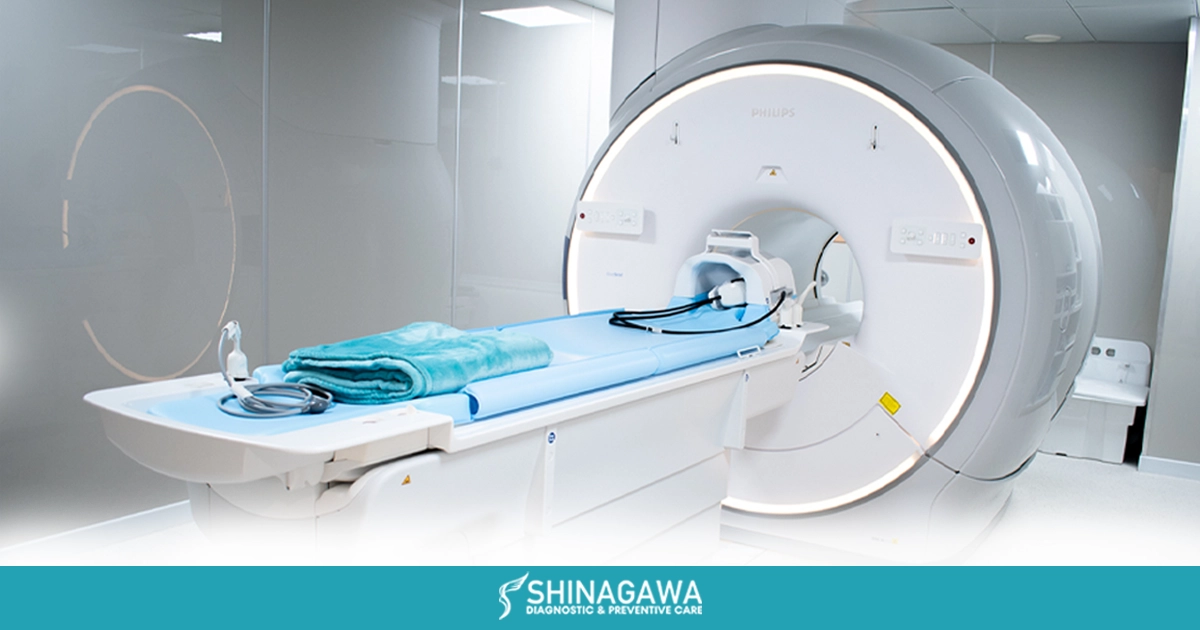Facts You Need to Know About Pneumococcal Vaccinations
Are you aware of the importance of pneumococcal vaccinations? If not, don’t worry; we’ve got you covered! Here are essential facts to help you understand why getting vaccinated is crucial for your health.
What Are Pneumococcal Vaccinations?
Pneumococcal vaccinations are shots designed to protect individuals from infections caused by Streptococcus pneumoniae bacteria. These bacteria are responsible for various serious illnesses, including pneumonia, meningitis, and bloodstream infections. Booster against hazardous bacteria, such as pneumococcal vaccines, help people bolster their defenses against illness-causing bacteria.
Who Needs Pneumococcal Vaccinations?
Even though everyone benefits from pneumococcal vaccinations, some populations are more susceptible to pneumococcal infections than others. Individuals over 65 who suffer from conditions such as diabetes, heart disease, or weakened immune systems are referred to as having these conditions. Vaccination is crucial for individuals who are at risk of life-threatening illnesses, offering an additional layer of protection.
Two Main Types of Vaccine: Prevenar 13 and Pneumovax 23
There are two primary pneumococcal vaccines available: Prevenar 13 and Pneumovax 23. Both vaccines are designed to prevent pneumococcal diseases, but they work differently and target different strains of Streptococcus pneumoniae.
Prevenar 13
Prevenar 13 is a vaccine that protects individuals from certain infectious diseases by immunizing them. It does this by preparing the body’s defenses to fight the infection, before you catch the bacteria or virus.
Prevenar 13 is a polysaccharide mixture derived from 13 different strains or serotypes of Streptococcus pneumoniae bacteria. Each serotype is joined to a non-toxic protein to make it work more effectively.
Pneumovax 23
is a vaccine recommended for active booster to prevent pneumococcal disease caused by the 23 serotypes contained in the vaccine (1, 2, 3, 4, 5, 6B, 7F, 8, 9N, 9V, 10A, 11A, 12F, 14, 15B, 17F, 18C, 19F, 19A, 20, 22F, 23F, and 33F).
How Do They Work?
Prevenar 13 and Pneumovax 23 function by stimulating the body’s immune response. Vaccines, when administered, introduce harmless bacteria components to the immune system, triggering the production of antibodies against them. This process trains the immune system to recognize and combat bacteria in the future, preventing infection and related illnesses.
Vaccination Schedule
For adults 65 and older, the recommended pneumococcal vaccine schedule usually includes both Prevenar 13 and Pneumovax 23. Prevenar 13 is usually administered first, followed by Pneumovax 23 after a specified interval. Adhering to this schedule ensures maximum effectiveness of the vaccines and provides long-term protection against pneumococcal infections.
What are the Possible Side Effects of Pneumococcal Vaccinations
Typical reported events associated with PCV13 were pain, redness, and swelling at the injection site; limited movement of the injected arm; tiredness; headache; chills; decreased appetite; generalized muscle pain; and joint pain. Similar reactions were observed in adults who received PPSV23.
Effectiveness and Duration of Protection
Both Prevenar 13 and Pneumovax 23 are highly effective at preventing pneumococcal infections. However, the duration of protection offered by these vaccines may vary. Booster doses may be recommended for individuals with underlying health conditions or those at increased risk of bacteria exposure.
Case Study regarding the Safety Data of the Vaccines
In a Case Study conducted (Jackson et al ; Jackson et al) conducted in Europe and the United states with Adults ages ranging from 50 years old and older. Similar reactions have been observed to those adults who have been administered with the vaccine.
Shinagawa Diagnostic & Preventive Care: Your Partner in Health
At Shinagawa Diagnostic & Preventive Care, we prioritize your health and well-being. Our experienced healthcare professionals offer comprehensive vaccination services, including pneumococcal vaccinations, tailored to your individual needs. Schedule a consultation with us today and take proactive steps towards protecting yourself against pneumococcal diseases.

